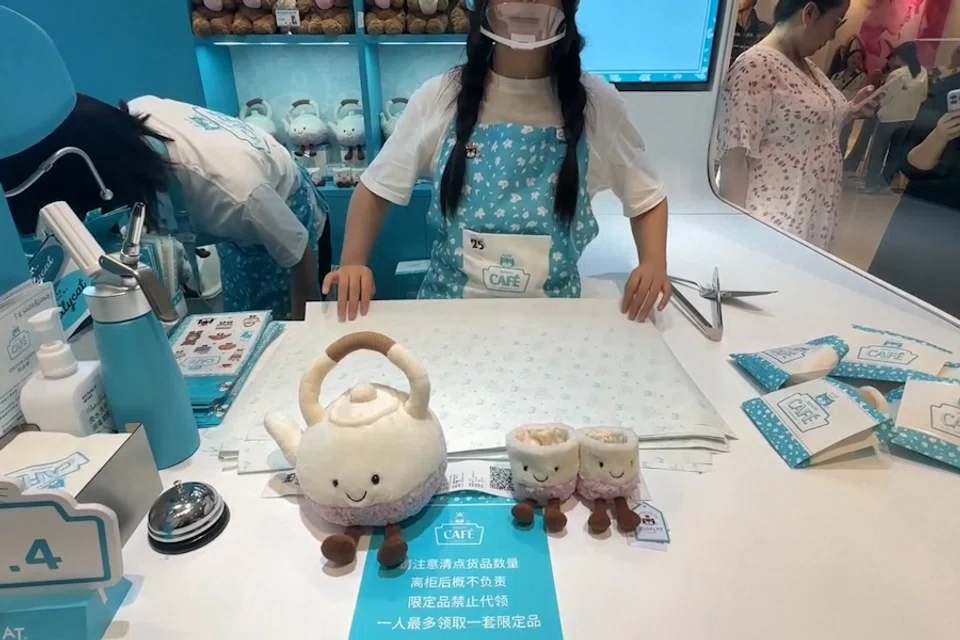[Video] Emotional spending and the rise of ‘kidult’ culture in China
As emotional spending rises among China’s youth, items like Jellycat plush toys and Pop Mart’s blind boxes have gained immense popularity. Aligning themselves with the hashtag #reparentyourself, these youths seek experiences and items that bring them happiness, fulfilling their unmet childhood wishes. ThinkChina’s Yi Jina looks into the issue.

China’s youths are embracing emotional spending as a way to cope with stress and express their individuality. Items like Jellycat plush toys and Pop Mart’s blind boxes exemplify this trend, as young consumers seek joy and nostalgia through curated collections.
This phenomenon is particularly pronounced among “kidults” — adults who are keen or buying or doing things usually meant for children. A survey by the Beijing News and Seashell Finance reveals that 30% of youths report spending on things for their emotional value, and which provide therapeutic benefits. Additionally, 37% of surveyed youths tend to spend their money on personal interests and hobbies, while an impressive 85% have put money into enhancing their pets’ quality of life, some viewing the latter as emotional companions in place of children.
Beyond material goods, young people are actively seeking enriching social experiences. Whiskey tastings have emerged as a stylish way to connect with friends, while immersive theatre experiences invite audiences to engage directly with the performance. Some are even exploring the concept of “youth retirement homes”, where they can escape the rat race and embrace a more relaxed lifestyle. Yet others are enrolling in lunchtime and evening classes to upskill themselves while relieving stress.
Collectively, these youth spending choices reflect a significant shift towards emotional fulfilment, community connection and individuality.

![[Big read] Paying for pleasure: Chinese women indulge in handsome male hosts](https://cassette.sphdigital.com.sg/image/thinkchina/c2cf352c4d2ed7e9531e3525a2bd965a52dc4e85ccc026bc16515baab02389ab)



![[Big read] How UOB’s Wee Ee Cheong masters the long game](https://cassette.sphdigital.com.sg/image/thinkchina/1da0b19a41e4358790304b9f3e83f9596de84096a490ca05b36f58134ae9e8f1)